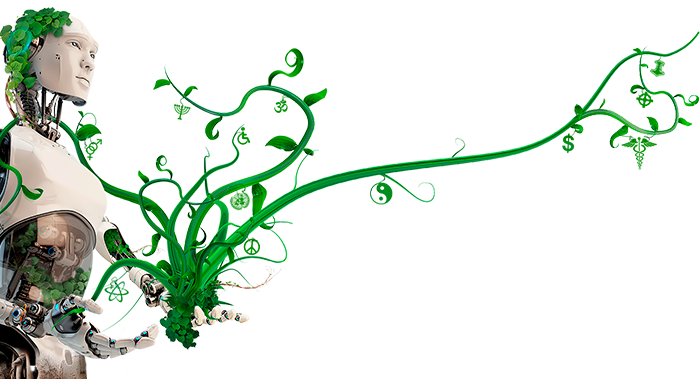

Johanna Seibt is professor for philosophy at the Department for Philosphy and the History of Ideas at Aarhus University, Denmark. Her current research interests are in process ontology and philosophy of technology with focus on the ontology of social robotics. She coordinates the interdisciplinary Research Unit for Robophilosophy and Integrative Social Robotics (www.integrativerobotics.org) where Humanities expertise is integrated into the development of social robotics applications. She co-edited Sociality and Normativity for Robots—Philosophical Perspectives (Springer 2017) and Robophilosophy—Philosophy of, for, and by Social Robotics (MIT Press, forthcoming).

Malene Flensborg Damholdt is a psychologist and an associate professor at the Department of Clinical Medicine, Aarhus University. Her research focuses on the effect of individual differences on human-robot interactions, interdisciplinary methodology and development of new research methods in robotics.

Christina Vestergaard is a postdoctoral at the Department of Philosophy and the History of Ideas, University of Aarhus. She is an anthropologist with research interests is interdisciplinary methodology, anthropology of technology, and robo-philosophy.
Sociomorphing, Not Anthropomorphizing: Towards a Theory of Types of Experienced Sociality
Social robotics still needs a unified theoretical framework relating the affordances of robots to differentiated descriptions of types of human experiences. In this paper we challenge the longstanding presumption that humans ‘anthropomorphize’ robots when they interact with them as if they were social agents. Instead of anthropomorphizing, projecting imaginary or fiction human social capacities, such interactions are often the result of ‘sociomorphing’, perceiving actual non-human social capacities. Using OASIS (the Ontology of Asymmetric Social Interactions) we explore a classificatory system for types of experienced sociality, where sociomorphing and anthropomorphizing can be kept apart.